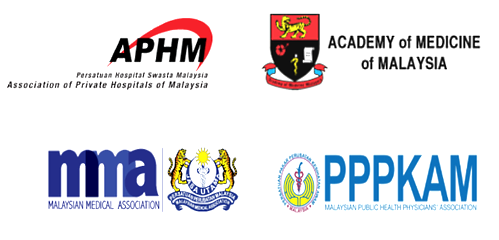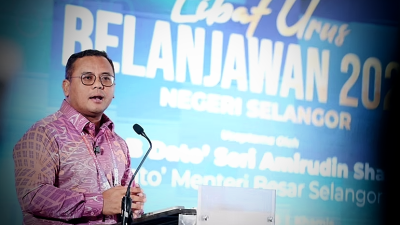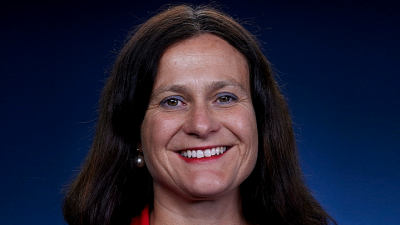
On 28 May 2021, the Health and Sciences COVID-19 Advisory Group of Experts (EAG) presented its five urgent recommendations to upgrade the national pandemic response to the Ministry of Health (MOH) Minister, its Secretary-General and Director-General, and various department heads, following a ground scan involving four states and three divisions within MOH.
While many are operational improvements, the EAG firmly believes that there is an urgent need to address the many existing SOP gaps for better ground management especially in enhancing clinical management and manpower resources; as well as to expand the targeted testing strategy and sanction rapid antigen test kits (RTK-Ag) as confirmatory test for high prevalence areas.
While this has been a tireless drive, the EAG also recognizes that in reality, to better serve public health interest, we are in dire need of strategies that have considered the health, economic and social consequences.
To do this, we have to be greater than the sum of our parts, i.e. the government, the private businesses and the people; there is a need to move together with key systemic shifts to pick up speed and pave way to secure results, faster.
With the high economic cost of lockdown orders, we need quick turnaround crisis policies with a strong emphasis on public empowerment first in the few following key areas:
1. Ramp up the efficiency of the mass delivery of vaccinations.
Coordinated approach to mobilize NGOs, grassroots and community leaders to influence wider behavior change.
It is timely to qualify locals to perform hyper-vigilance of active case finding; rapid termination of transmission chains within the targeted hotspot communities; as well as neighborhood vaccine stations endorsed with communities buy-in and partnership.
2. Swiftly endorse a fully digitally connected FTTIS (Find-Test-Trace-Isolate-Support) for warp speed pandemic responses backed by science and data.
Encourage all close contacts of COVID-19 positive individuals to get tested, at either private or government health care facilities.
In addition, improve accessibility of tests for low-income households and accelerate endorsement of home-based testing, when available. Consequently, provide clear pathways for support and assistance should they be found positive. This includes financial and basic needs assistance in the event that the breadwinner of the family falls ill; other relevant ministries such as the Ministry of Women, Family and Community Development must play a bigger role here.
Finally, relieve burden on healthcare facilities by strengthening home monitoring systems through digitization. This way, category 1 and 2 patients can undergo home surveillance safely and efficiently.
3. Save livelihood first — immediate fiscal measures to provide for time-limited and emergency liquidities.
Support for vulnerable local traders and micro SMEs and unemployment benefits such as access to basic food needs to sustain as they will have limited capacity to take on prolonged lockdowns.
4. Strengthen social safety nets.
Just like the Safe@Work program which aims at controlling the spread of COVID-19 with initiatives that incentivizes employers who arrange COVID-19 tests for their employees with additional tax cuts; there needs to be a similar program for schools, prisons and community-living.
The EAG will engage and request for various industry and stakeholders from various business verticals, knowledge partners, trade associations, chambers, civil society, and unions to stop working in silos and to start jointly to secure plans to contain further damage from the pandemic.
These sessions will be open for strict by-invitations only to ensure productivity and recorded recommendations will be submitted to the Prime Minister. Members of the public who are keen to contribute, please write to [email protected] to qualify for an invite.
We the undersigned members of the Health and Sciences COVID-19 Advisory Group of Experts:
1. Tan Sri Dato' Dr Abu Bakar Suleiman, Chairman
2. Professor Dr Rosmawati Mohamed, Academy of Medicine of Malaysia
3. Dr Mary Cardosa, Malaysian Medical Association
4. Dato' Dr Fadzilah Kamaludin, Malaysian Public Health Physicians' Association
5. Datuk Dr Kuljit Singh, Association of Private Hospitals of Malaysia
6. Datuk Dr Christopher Lee, Malaysian Society of Infection Control and Infectious Diseases
ADVERTISEMENT
ADVERTISEMENT


































